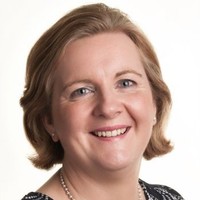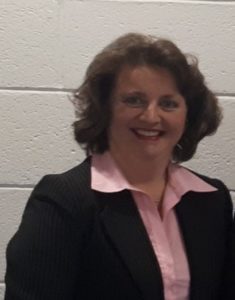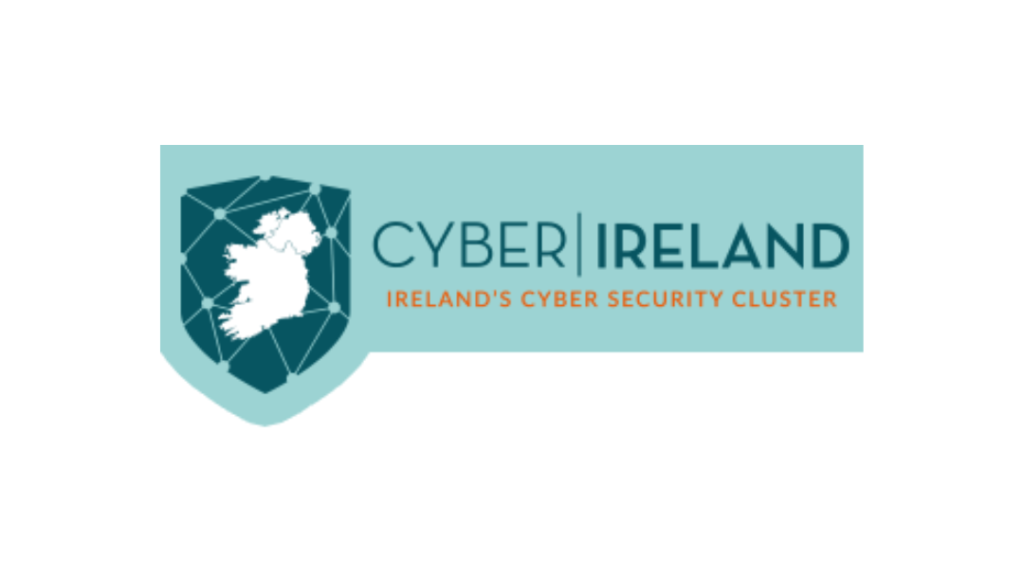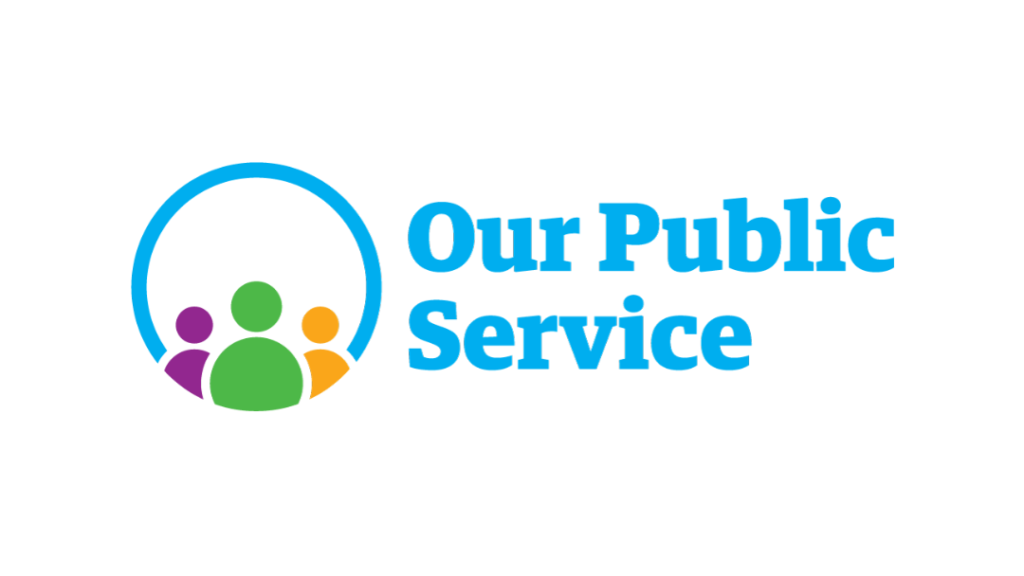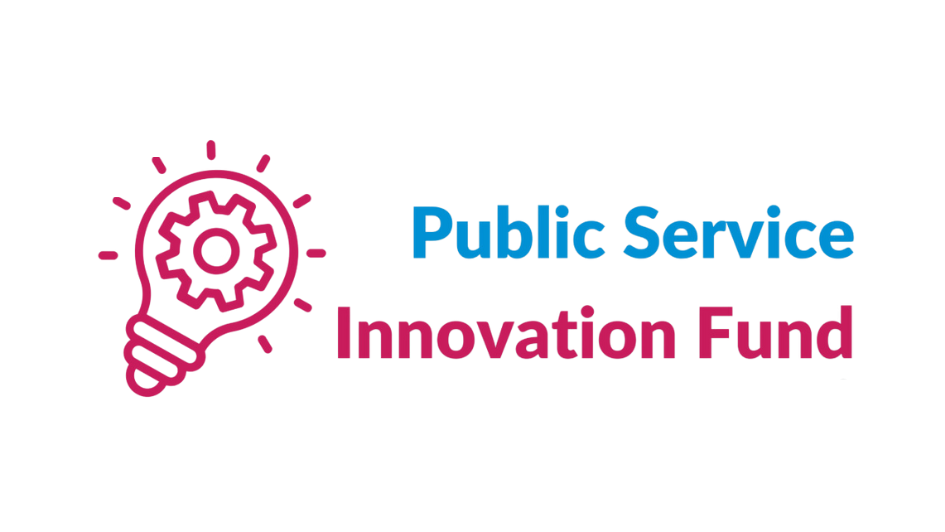A Shared Island Forum for Nurturing Secure Climate Futures through Cybersecurity and Environmental Resilience Education
The Shared Island Civic Society Fund is an initiative by the Department of Foreign Affairs designed to foster practical North-South cooperation. Its goal is to encourage and support civic society and community organisations to strengthen existing partnerships or create new cross-border connections. This initiative aims to build connectivity, promote collaboration, and ensure an inclusive and diverse island of Ireland.
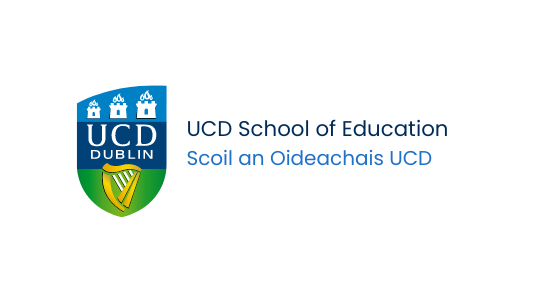
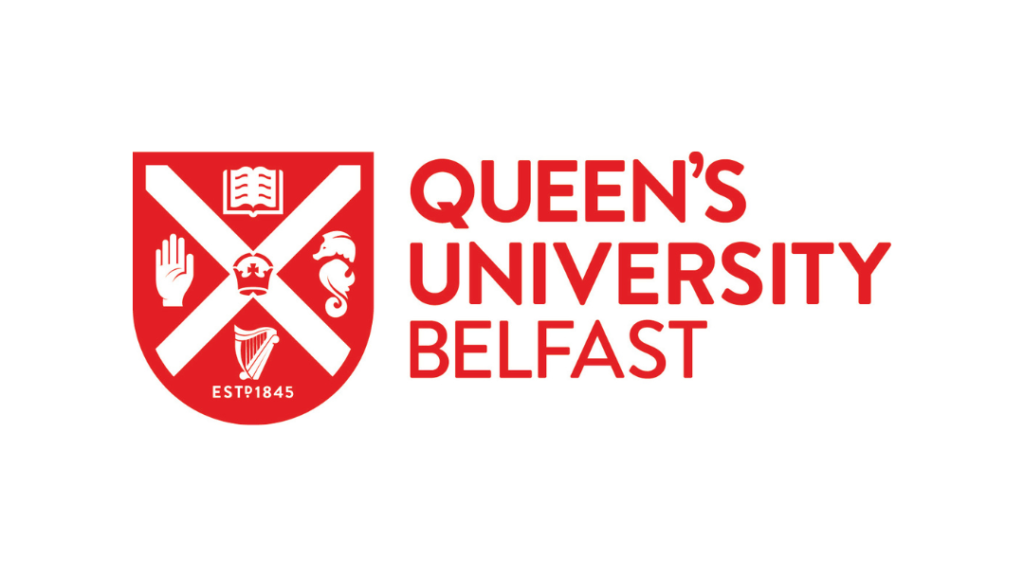






Principal Investigators
Project Overview
Climate change and cybersecurity rank among the top ten global challenges (OECD, 2022; WEC, 2023). However, public understanding of the critical links between these two issues remains limited. This project has two main objectives:
- Raising Awareness: We aim to highlight the inextricable links between cybersecurity—such as social engineering, misinformation, and fake news—and climate action. For instance, while cybersecurity breaches can undermine climate action efforts, transitioning to renewable energy introduces unique cybersecurity risks, like potential cyberattacks on smart grids. Educating individuals early on about the intersection between these issues will foster resilient communities across the island of Ireland.
- Promoting Collaboration: We seek to bring together experts in cybersecurity and climate action to foster interdisciplinary collaboration. By uniting diverse perspectives, this project aims to facilitate the development of comprehensive educational resources that emphasize these critical connections.
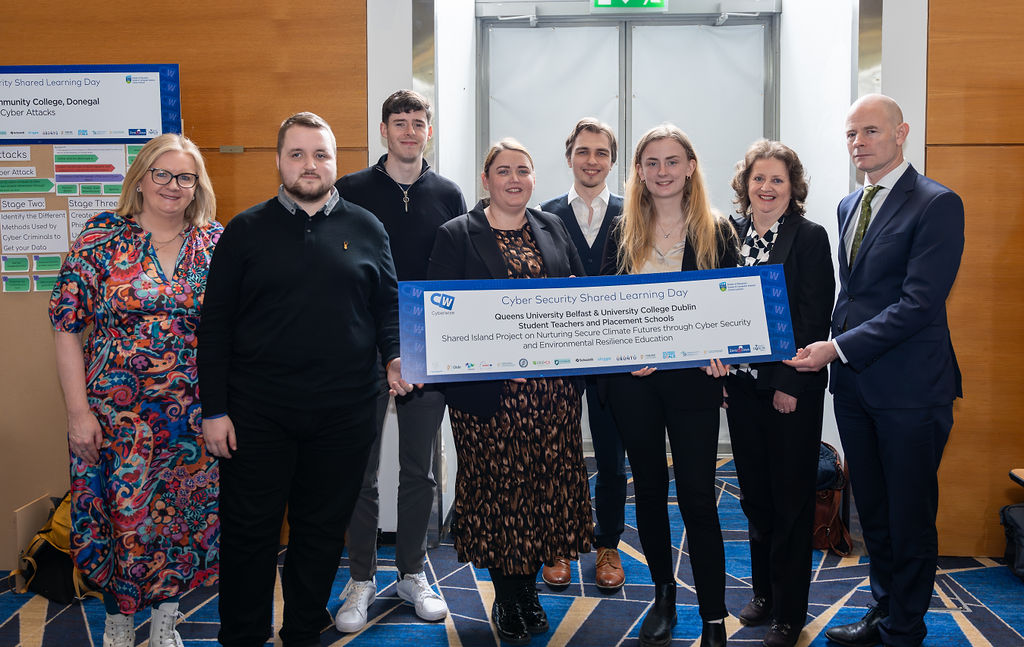
Resource Development
The project will expand existing cybersecurity educational resources, such as those found on Cyberwise.ie, by integrating content on the intersection between cybersecurity and climate change. Student teachers from UCD and QUB will collaborate with government and industry experts to develop resources for secondary school educators and students. Topics will include the basics of cybersecurity, social engineering, and their impact on human behaviour and the environment.
Online Quizzes
The online quizzes may be used to test both teachers and student knowledge
on climate change and on the Sustainable Development Goals.
Challenging Cognitive Bias
The resources may be used for both teachers and students to challenge their own biases when it comes to climate change.
Empowering Critical Thinking
Recognising fake news is crucial when teaching about sustainability.
Awareness of Carbon Footprints
Resources for creating awareness of carbon footprints and carbon pricing.
Making Greener Choices
Resources for thinking about making greener choices.
Climate Action Games
Resources for considering climate action through the medium of games.
Economic Models
Resources for considering contemporary economic models and concepts in
the context of climate change
Lesson Plan ideas
Please see links below that contain a number of lesson ideas for teaching climate economics.
Project Activities
This initiative focuses on challenge-based learning, fostering cross-border teamwork among students, teachers, and pupils from both Northern Ireland and the Republic of Ireland. Key activities include:
- Resource Creation: Collaborative development of educational materials for secondary school audiences.
- School Visits & Workshops: Exchange visits to schools in Northern Ireland and Ireland, along with workshops and seminars at UCD and QUB, will engage participants in exploring the links between cybersecurity and climate action.
- Final Showcase: The project will culminate in a shared learning event at UCD, where students will present their projects, involving input from academia, industry, and government stakeholders.
Participants
Student teachers from UCD and QUB will be selected through an open call, based on expressions of interest and commitment from their placement schools. Each participating school will facilitate project activities with at least one class of 30 pupils. School leaders will also be encouraged to participate in challenge-based learning activities to promote engagement and leadership.
Purpose
Our project aims to deepen understanding of the symbiotic relationship between cybersecurity and climate action. Spearheaded by teacher educators Dr. Rachel Farrell (UCD) and Dr. Pamela Cowan (QUB), the initiative will bridge the gap between cybersecurity literacy and environmental awareness. Through innovative teaching methodologies, case studies, and inquiry-based approaches, we seek to create accessible, inclusive, and stimulating resources that address the unique challenges faced by both Northern and Southern Ireland in addressing these interconnected issues.
Objectives
- Empowering Educators and Communities: We aim to provide post-primary students, educators, and communities with the knowledge and skills to navigate the complex intersection of cybersecurity and climate action.
- Student Teacher Collaboration: We will recruit five student teachers from UCD and five from QUB, who will collaborate to develop educational resources. With guidance from Philosophy for Children (P4C) expert Marelle Rice, they will explore these issues in ways that transcend GCSE and Junior Cycle specifications.
- Expanding Cyberwise.ie: By enhancing the Cyberwise.ie platform, we will create a space for resources that specifically address the intersection of cybersecurity and climate change.
- Shared Learning Events: These events will engage educational, governmental, and industry stakeholders to share knowledge and strategies for addressing these pressing challenges.
Challenges
The current educational landscape presents several challenges. Despite UNESCO’s Education 2030 Framework emphasizing sustainable development education, social engineering and misinformation campaigns threaten progress. Furthermore, climate change education is often inadequately integrated into national curricula, with a UNESCO report highlighting that nearly half of the reviewed countries lack meaningful climate change content.
Our project addresses these gaps by developing real-life case studies and fostering critical thinking about socio-environmental phenomena. We recognize the contributions of movements like Fridays for Future and aim to engage students who are already deeply involved in environmental activism. Our project seeks to empower students to challenge societal norms and become change-makers capable of addressing the intertwined issues of cybersecurity and climate action.

